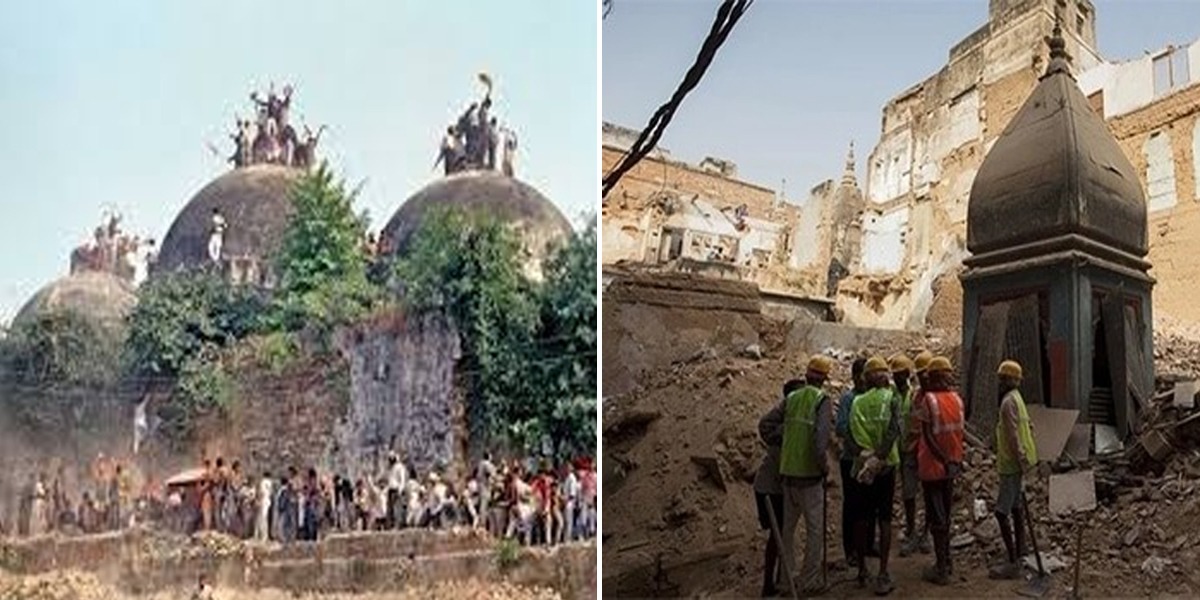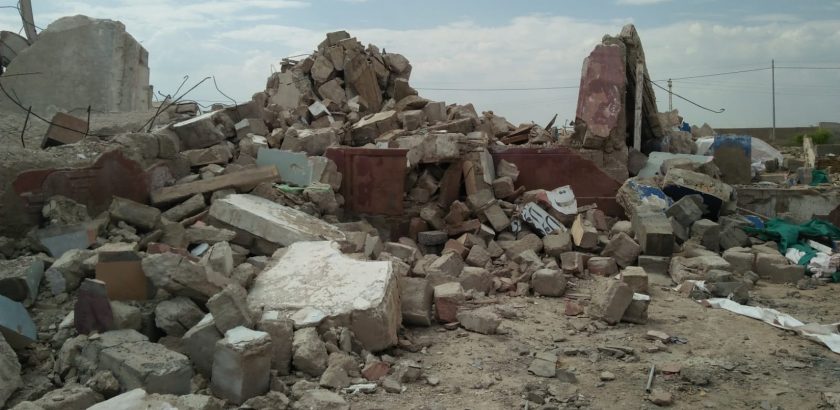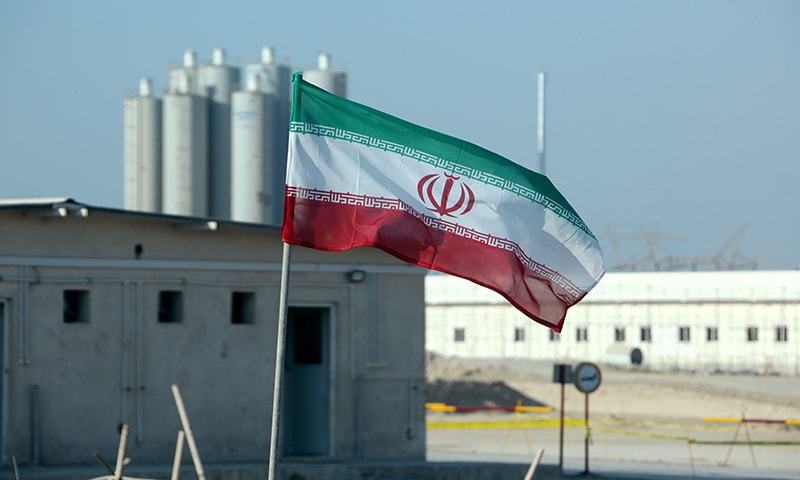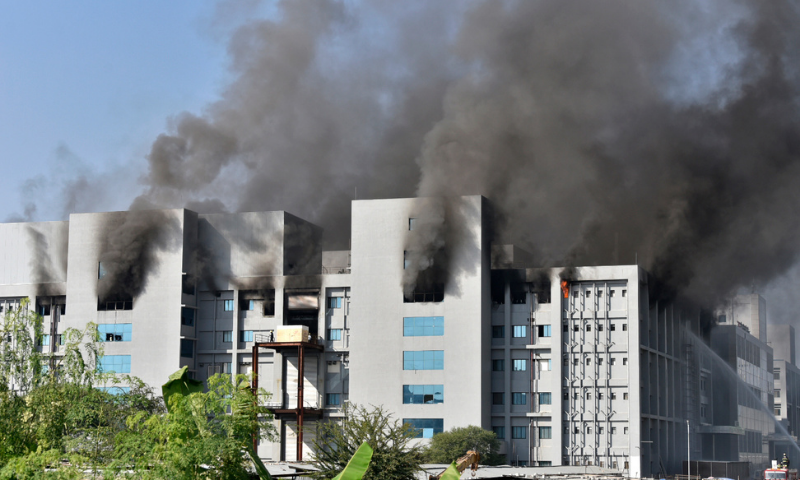![]()
COURTESY BY: https://www.bolnews.com/
New Delhi: Indian Prime Minister Narendra Modi will lay the foundation stone of the Ayodhya temple on August 5 next month on the disputed land of the Babri Masjid in Ayodhya.
It may be recalled that the Supreme Court of India, while ruling in the case of the historic Babri Masjid martyred on November 9, 1992, on the disputed land of the mosque to build a Ram temple and provide Muslims with separate land as an alternative to the construction of the mosque.
According to a report the American news agency ‘AP’, the organizers said that the groundbreaking ceremony has been held on August 5, which is a significant day for Hindus in terms of astrology.
However, on the same day, the unilateral decision of the Indian Parliament to end the semi-autonomous status of occupied Kashmir will also complete one year.
According to the Vishwa Hindu Parishad, a Hindu nationalist party affiliated to the Bharatiya Janata Party (BJP) or the World Hindu Organization, since the coronavirus is still spreading rapidly in India and ranks third globally in terms of cases, It will be broadcast live on a state-run broadcaster and the number of participants will be limited.
Vishwa Hindu Parishad spokesperson Vinod Bansal said in a statement issued two days ago that the temple would serve as a lasting and everlasting centre for social harmony, national unity, a sense of Hindutva and its awakening.
Meanwhile, an architect from the Ahmedabad area of Narendra Modi’s home state of Gujarat has offered to build a 161-foot (49-meter) high structure.
According to the Press Trust of India, Uttar Pradesh Chief Minister Yogi Adityanath has requested that a clean-up ceremony be held in Ayodhya before Narendra Modi’s visit and oil lamps be lit in all the temples in the city.
Yogi Adityanath further said that this occasion is the end of ‘500 years long struggle’.
In November last year, India’s Supreme Court ruled decades later that a trust should be set up to oversee the construction of the temple instead of the mosque, which would oversee the arrangements while asking Muslims to provide land for the mosque.
The former Chief Justice of India had ruled that a temple would be set up on the disputed land in Ayodhya while Muslims would be provided five acres of land in a prominent place for the construction of a mosque in Ayodhya.
The 1,045-page judgment was delivered by a five-member bench headed by then-Indian Chief Justice Ranjan Gogoi.
In its judgment, the Indian Supreme Court said that Ram Janmabhoomi Nyas is the owner of the disputed land of Babri Masjid in Ayodhya and also ordered that a trust be formed within three months for the construction of the temple.
In the initial part of the judgment, the apex court had rejected the claim of Nirmohi Akhara and Shia Waqf Board on Babri Masjid.
Delivering the verdict in the most important and long-running case of 27 years, the Supreme Court of India said that the archaeological survey revealed that there were structures under the Babri Masjid which did not belong to Islam.
The verdict further said that there was satisfactory evidence that the Babri Masjid was not built on any vacant land.
Following the verdict, Muslim organizations and individuals filed review petitions in the Indian Supreme Court, which was rejected by the Supreme Court on December 12.
Babri Masjid case background
It may be recalled that on December 6, 1992, an angry Hindu group demolished the Babri Masjid in Ayodhya, after which the worst riots erupted and 2,000 people lost their lives.
Since the Babri Masjid was demolished, the site has been controlled by the federal government and later by the Supreme Court.
India’s lower court had ruled that the 2.77-acre disputed land would be divided between Muslims and Hindus.
People of both Muslim and Hindu nationalities had filed their petitions in the Supreme Court in 2010 against the decision of the Indian High Court on what should be built at this site in Ayodhya. The Arbitration Commission was formed in March.
The dispute has raised tensions between India’s Muslim minority and the Hindu majority.





